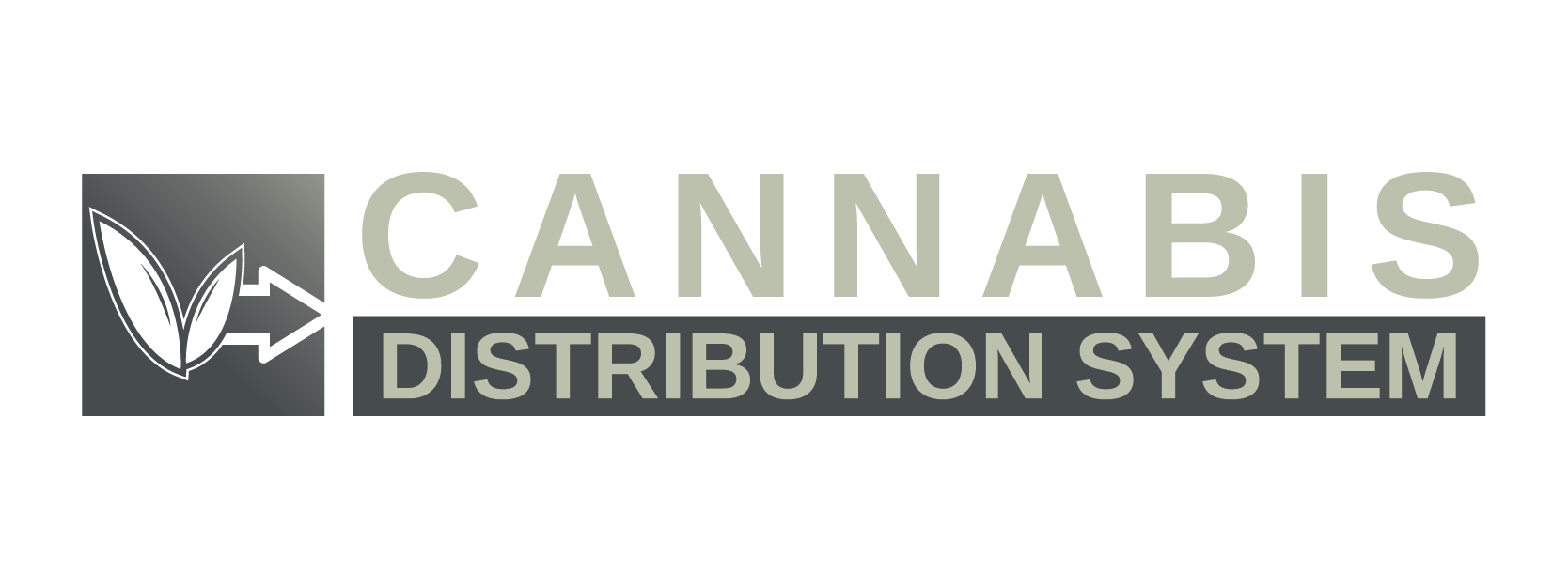Given the stringent regulations in today’s cannabis industry, choosing a trustworthy seed‑to‑sale tracking system is a must, not a matter of preference. Two of the most widely used systems across U.S. cannabis markets are Metrc and BioTrack. While both serve the same goal—ensuring compliance by monitoring cannabis products through cultivation, processing, distribution, and sale—they differ in design, features, usability, and operational impacts on businesses.
System Design & Architecture
- Metrc is a purpose‑built regulatory system, developed by Franwell, optimized to meet state and federal reporting requirements. It uses standardized RFID tags issued by the state and a uniform web‑based interface.
- BioTrack originated from a POS‑first model, later enhanced to include state-level tracking. It enables facilities to generate and print their own QR/barcode tags and offers more customizable data entry workflows.
Tagging & Identification
- Metrc deploys RFID-enabled, state-issued tags for each plant and package. These tags are pre-numbered, less error-prone, and support rapid scanning—though they incur ongoing costs.
- BioTrack allows operators to self-print barcode or QR tags using assigned ID numbers. This empowers flexibility and cost savings, but adds manual labor and room for mislabeling.
Post-Harvest & Plant Management
- Metrc requires tagging all post-harvest materials, even by-product like trim, for deeper regulatory oversight. It also supports grouping of up to 100 clones under a single tag, though plant stage changes are logged manually.
- BioTrack tags only retail-sale items post-harvest and automatically updates plant growth phases; each clone is individually tagged—adding granularity but extra steps.
API & Integration Capabilities
- Metrc offers a robust, extensively documented API, allowing seamless integration with third-party Point-of-Sale (POS) providers like Flowhub, Dutchie, and Cova.
- BioTrack also provides an API, though implementation can vary across jurisdictions, and integration ecosystems are generally less standardized.
User Interface & Reporting
- Metrc features a standardized, web-based UI—sometimes perceived as rigid—but offers consistent compliance reporting across all states.
- BioTrack delivers a more traditional, menu-driven application with flexible reporting tools and tailored dashboards, favored by operators seeking customization.
State Adoption & Regulatory Mandates
States determine which system is used:
- BioTrack is used in states like Arkansas, Connecticut, Florida, Hawaii, Illinois (transitioning soon), New York, and Virginia.
- Metrc is mandated in 23+ states, including Nevada, California, Colorado, Michigan, and many others.
- In most cases, businesses cannot choose—they must use whichever system their state mandates.
Transition Spotlight: Illinois Shift to Metrc
Illinois represents a prime example of the growing trend toward Metrc. The state officially began migrating in April 2025, with full integration required by June 17 and BioTrack decommissioned by July 1, 2025. This includes mandatory training, tag reordering, updated SOPs, and updating POS systems to ensure legal compliance.
Which System Works Best?
| Criteria | Metrc | BioTrack |
|---|---|---|
| Compliance Rigor | High—comprehensive tagging, structured workflow | Good—compliant, but less granular tagging |
| Tag Management | State-tagged RFID, minimal manual work | Self-printed tags, lower cost, more effort |
| Integration | Strong, official API, widely adopted POS support | Less consistent, variable by jurisdiction |
| UI/UX & Reporting | Standardized, regulatory-focused | Flexible, operator-friendly, customizable |
| Operational Fit | Best for large-scale, multi-location ops | Ideal for smaller ops wanting flexibility |
Final Verdict
If you’re in a state that mandates one system, your choice is made for you. But looking ahead:
- Metrc offers a compliance-first, scalable solution, ideal for multi-site, high-volume operations seeking consistency, official integrations, and granular traceability.
- BioTrack offers greater flexibility and lower operational costs, suitable for smaller or more customized businesses that value adjustable workflows and cost savings over exhaustive compliance features.
Ultimately, the “best” system depends on your operational needs, desired flexibility, and state regulations. Educate your team on tag protocols, API integrations, and ensure SOPs are configured before onboarding—especially during state transitions like the one underway in Illinois.
Pro Tip:
Use a POS system (Flowhub, Dutchie, Cova, etc.) with strong integration support for your mandated seed‑to‑sale platform to streamline tagging, inventory, and sales reconciliation for full regulatory compliance.
Bottom line: Both Metrc and BioTrack effectively track cannabis throughout its lifecycle—but your ideal system hinges on your business scale, integration needs, and jurisdictional requirements.

